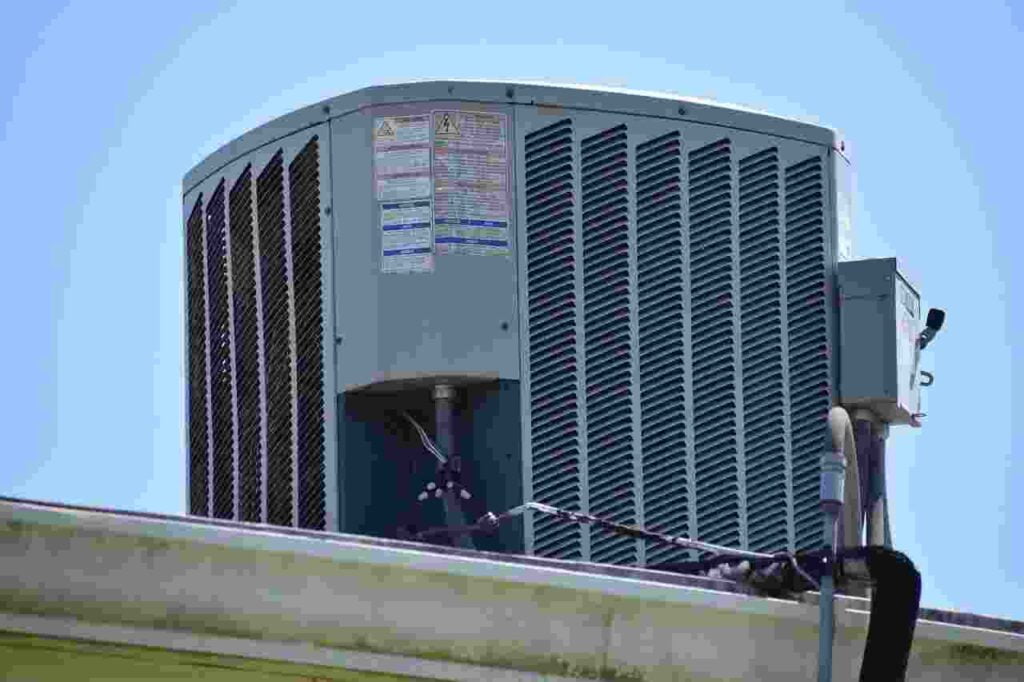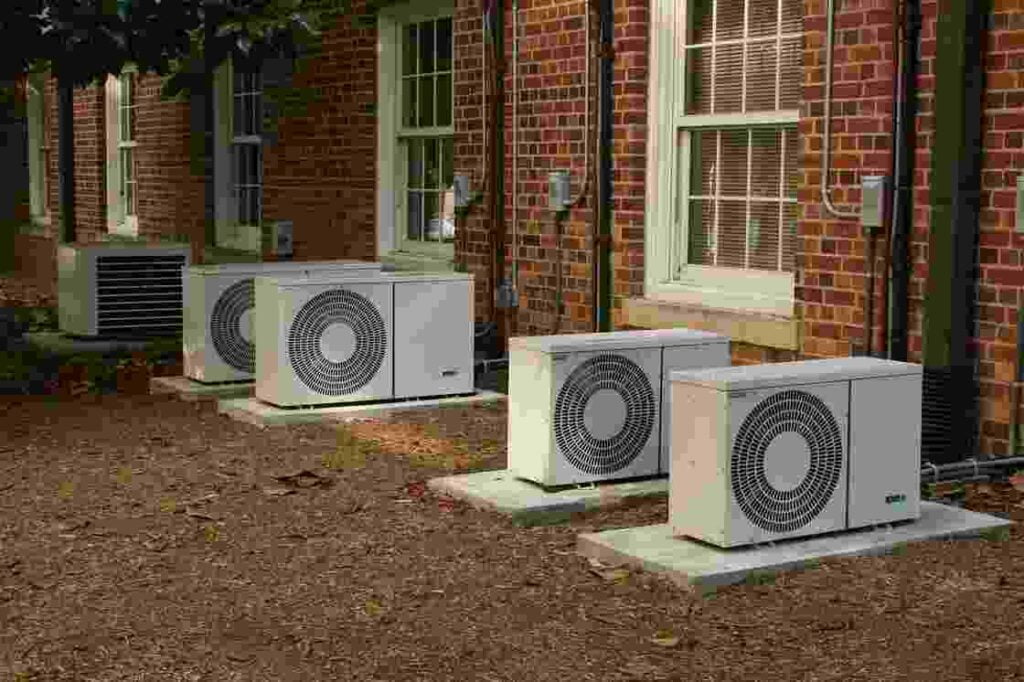What is an HVAC Certification and How to Get One? This article contains all you need to know.
Today, trade professionals can experience several benefits by earning a professional certification. They can demonstrate their expertise, be connected to recognized organizations, and even easily qualify for various career advancements with the right certifications.
If you are currently working as an HVAC technician and want to improve your resume while solidifying your skills in the field, then learning more about continuing education for licensed HVAC technicians is recommended.
Keep reading to learn more about HVAC certification and why earning this may benefit you. You can also find information about how you can obtain the HVAC certification you are interested in.

HVAC Certification Defined
Before diving into acquiring an HVAC certification, it’s important to know what it is and what it isn’t. An HVAC certification is a professional certification for current technicians that confirms they have the needed skills when it comes to the basics of heating or refrigeration or in more specific HVAC topics.
Usually, an HVAC technician does not require certification on a federal level; however, several states mandate it. Also, the EPA mandates certification for any technician working with refrigerants, and most HVAC professionals will do this.
It’s also possible for technicians to earn more specialized certifications in specific systems and equipment, such as commercial furnaces and residential boilers. Even though there are several paths to becoming certified, it is usually provided after some type of course and corresponding exam.
Some of the organizations that provide HVAC certifications to technicians include:
- Refrigerating Engineers and Technicians Association (RETA)
- Environmental Protection Agency (EPA)
- Refrigeration Service Engineers Society (RSES)
- ESCO Group
- North American Technical Excellence (NATE)
The Top Benefits of Acquiring an HVAC Certification
You will find there are more than a few benefits offered by earning an HVAC certification. Some of the ones worth mentioning include:
Increased Understanding of the Modern HVAC Systems
A certification program will usually provide more in-depth training on various HVAC topics, such as equipment, air quality, green technology, and installation. The goal of these programs is to provide you with the tools needed to serve your clients better. Also, when you study various topics and methods, you will become a more well-rounded technician. When you become certified, it may also help you with stronger job performance and even increase your client’s satisfaction.
Increased Eligibility for Work
In some situations, localities or jobs require certain certifications. For example, an HVAC technician who plans to work with refrigerants needs to have an EPA certification legally. Also, in some states, HVAC technicians are required to be certified. It’s smart to earn certification to meet the regulations for any type of project you want to pursue in the industry.
Specialized Knowledge
Some certifications will help you develop a higher level of expertise on certain topics. When you have an array of skills, it will help strengthen your career, help you connect to new projects, and ensure you continue to meet your clients’ needs.
There are specialty certifications available in several topics, such as:
- Preventative maintenance
- Heat pumps
- Solar heating
- Indoor air quality
- R410-A refrigerants
- Envelope and duct testing
- Green awareness
- Carbon monoxide safety
Increased Employment Opportunities
It doesn’t matter if you want to get contracted clients or work as a full-time HVAC technician; it will be easier for you to find work with the right certification. When you are professionally certified, it can also help boost your resume and set you apart from other technicians who are also looking for work. The right certification will also help employers and clients have more trust in your skills and abilities.
Qualify for Larger Scale Projects
Some companies may want to hire a certified technician to handle larger, commercial products because these people have the training needed to work with complex, bigger systems. If you want to work with commercial cooling and heating systems, you should consider certification. It’s also possible to pursue specialty certifications that are exclusively focused on working with commercial systems.
Increased Earning Potential
A certified HVAC technician will likely be able to earn more money than one who is uncertified. Professional credentials, like certification, may also allow you to charge higher rates for your work as a contractor. This is especially beneficial when offering specialized services. If you work full-time as an employee, having a certification will also help you show your value to employers when trying to acquire a promotion or raise.
Ways to Acquire an HVAC Certification
There are a few steps you must follow to get an HVAC certification. These include:
Earn Your GED or High School Diploma
Having your GED or high school diploma is usually a requirement for any HVAC school or certification program. Computer courses, environmental science, and physics will help to strengthen your skillset and prepare you for your career in the heating and cooling field. Some high schools also provide vocational training in this area, while some colleges have programs where high school students can earn the needed industry credentials for HVAC certification.
Enroll in the Needed HVAC Training
It’s not necessary to have a formal degree for all types of HVAC jobs. While this is true, you must be educated. There are a few training options, which include:
Accredited HVAC Program
It’s possible to enroll in a program at trade schools or community colleges to earn your associate degree or certificate. Usually, these programs will last for six months up to two years and will focus on topics of systems, maintenance, and installation.
Apprenticeship
An apprenticeship is a type of three- to a five-year program that combines practical experience and classwork. Usually, these are sponsored by some type of industry organization. An HVAC apprentice will usually work under an experienced technician and work for 6,000 to 10,000 hours of work during their apprenticeship.
On the Job Training
It’s possible to find entry-level positions that let you learn while working. With this type of job, you will likely shadow someone with years of experience in the field. After you are prepared, you can start handling basic tasks on your own and eventually move to more complicated jobs and projects.
Acquire the Needed State License
You should understand that an HVAC license isn’t the same thing as a certificate. You must understand that the right licenses are required for you to work legally in the state, municipality, or county. Be sure to research your area’s licensing guidelines and requirements to ensure you have the license required to do this work.
Acquire the Needed Experience
The requirements usually vary; however, most certifications ask candidates to have a set amount of field experience. Usually, these last for one or two years. For example, HVAC Excellence provides professional certifications to techniques with two years of work experience and earns a passing score on their exam. If you have worked in the field while you were training, you can work as an entry-level technician, assistant, or mechanic.
Select a Certification Program
Take time to research the different organizations that provide certifications and find one that meets your needs. You need to pay close attention to the timeline, requirements, and focus areas to help make the right choice. Several organizations offer different certifications for different levels of experience, too. You are not limited to just one certification. If you earn several certifications in this field, it will help you grow and increase your career.
Take the Necessary Tests
Some certifications will include a mandatory example to test your level of proficiency. For example, you must test for all the EPA certifications, and the NATE offers ICE that will qualify you for a few different certifications. Some industry organizations also provide resources that will help you get ready for your exam, so you should consider taking advantage of these.
Make Sure to Keep Your Certification Current
Every certification will have unique criteria when it comes to renewal. However, Section 608, which the EPA requires, does not ever expire, while the HVAC Excellence certification will last for five years. It’s important to stay updated about the expiration of your certifications so you know when you must renew them.

Are You Ready to Earn Your HVAC Certification?
When it comes to earning your HVAC certification, consider multiple things. Above, you have the information needed about these certifications, what they are, and what benefits they offer.
It’s also worth using the steps to get these certifications listed above. This will help you get the professional training you need and minimize potential issues or roadblocks when it comes to getting new clients or jobs. Be sure to acquire several certifications, if possible, which will help with your career even more.
Don’t wait to earn the certifications that will benefit you now and in the future. This will pay off and help you advance your HVAC career. Keep in mind that you don’t have to stop at just one HVAC certification – you can choose as many as you like, which is only going to bolster your career and earning capacity. Keep this in mind moving forward.

Leave a Reply